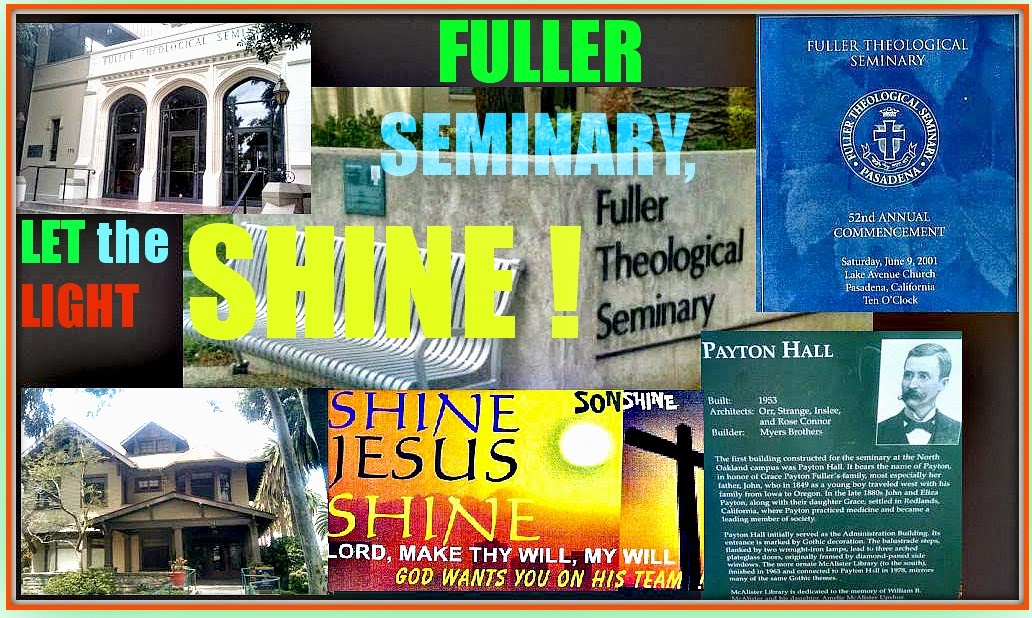https://theimaginativeconservative.org/2025/02/receive-grace-god-vain-gabriel-oneill.html
"My grace is sufficient for you, for My power is made perfect in weakness." — 2 Corinthians 12:9
Read the article,
otherwise read this
AI GENERATED SUMMARY
---
What the Essay Is Really Saying
(Plain English)
Br. Gabriel's central message is this:
> The Christian life is impossible without God's grace. We are powerless on our own. All transformation is the result of God acting in us, not us acting for God without Him.
He frames the entire argument through John 15:4–5:
Christ is the vine
We are the branches
Without Him we can do nothing
This is the foundation for everything that follows.
---
Key Point 1: Grace Is Not Optional — It's the Lifeblood
Br. Gabriel explains that he once believed spiritual growth was a matter of effort, discipline, and willpower.
But Scripture tells us:
without abiding in Christ, we bear no fruit
our efforts, apart from grace, are "lifeless as a severed branch"
self-reliance in the spiritual life leads to failure, pride, and discouragement
This is a deeply Augustinian view of the human heart:
> We desire the good but cannot perform it without God's empowering love.
---
Key Point 2: Augustine's Story Is Our Story
He references Augustine as the "Doctor of Grace" because:
Augustine's life demonstrates the futility of self-salvation
he tried philosophy, ambition, learning, passion, pleasure
he could not conquer sin until he surrendered to God's grace
his Confessions reveal the experience of grace replacing self-reliance
Augustine's message:
> Our hearts are restless until God remakes them by His grace.
---
Key Point 3: Pelagianism Still Lives Today
The essay contrasts Augustine with Pelagius, who believed:
humans could obey God's law without supernatural assistance
moral strength is enough
you just need to try harder
Br. Gabriel points out:
anyone who has tried to resist sin on their own knows this is false
Paul's words "I do what I do not want" prove the reality of inner weakness
Pelagianism leads to despair because effort alone cannot produce holiness
Thus:
> Grace isn't a bonus — it is the engine of the Christian life.
---
Key Point 4: Grace Works When We Ask
He gives his own testimony:
he finally grew when he prayed honestly and directly for God's help
he used Scripture (Psalm 91) to anchor himself during temptation
his spiritual life began to accelerate only when he stopped trusting himself
God longs to pour out grace, but waits for our humble invitation
This is classic Christian doctrine:
> Grace is prevenient (God initiates), efficacious (God empowers), and cooperative (we must freely respond).
---
Key Point 5: Grace Produces Humility and Gratitude
Because grace works in us:
we become humble, knowing the good we do is not from us
we give glory to God: "Not to us, Lord, not to us…" (Ps 115)
everything good in us becomes a reason for thanksgiving, not pride
He ends by thanking God especially for the grace of his vocation as a Dominican friar.
---
The Essay's Theological Core
It sits squarely in the tradition of:
Augustine
Aquinas
St. Paul
Dominican spirituality
Catholic teaching on grace
The entire thrust is summarized in one sentence:
> God does the transforming; we consent.
Or, in a more explicitly Augustinian formulation:
> The command of God becomes possible only through the grace of God.
---
Why This Essay Matters in 2025
Our culture (including many Christians today) is shaped by:
self-help
self-determination
"you can do anything if you try hard enough"
moralism without reliance on God
performance-driven spirituality
Br. Gabriel is pushing against that and declaring a counter-cultural truth:
> You cannot save yourself.
You cannot sanctify yourself.
You cannot resist temptation alone.
You cannot bear fruit without union with Christ.
This is the core of the Gospel and a direct witness against both secular self-help and religious moralism.
---



